Exclusive
 What Does Science and ESG Hold in Trump 2.0?
What Does Science and ESG Hold in Trump 2.0?
 Nature-Based Solutions: Balancing Promise and Limitations in Climate Action
Nature-Based Solutions: Balancing Promise and Limitations in Climate Action
 Crafting Eco-Friendly Strategies for Niche Enterprises
Crafting Eco-Friendly Strategies for Niche Enterprises
 U.S. Companies Roll Back ESG Commitments
U.S. Companies Roll Back ESG Commitments
 How New Rules Are Making Greenwashing a Thing of the Past
How New Rules Are Making Greenwashing a Thing of the Past
 Why Scope 3 is the Real Test of Corporate Climate Commitment
Why Scope 3 is the Real Test of Corporate Climate Commitment
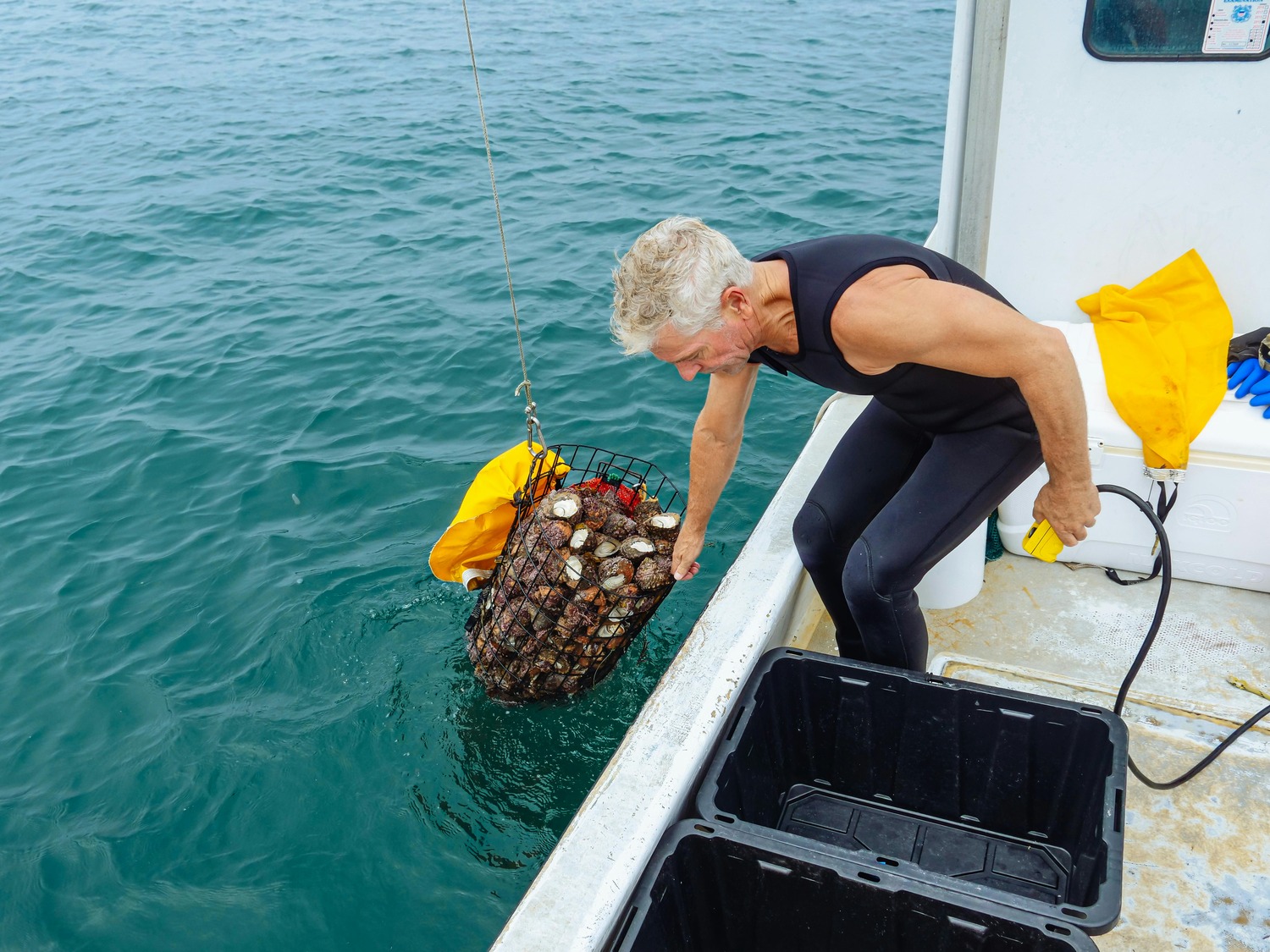 Water Sustainability in 2025 – Digitalization, AI, and the Rise of Smart Water Systems
Water Sustainability in 2025 – Digitalization, AI, and the Rise of Smart Water Systems
 From Pledges to Practice: Building Coherent and Reliable Climate Policy
From Pledges to Practice: Building Coherent and Reliable Climate Policy
.jpeg) The Role of Circular Economy in Waste Management
The Role of Circular Economy in Waste Management
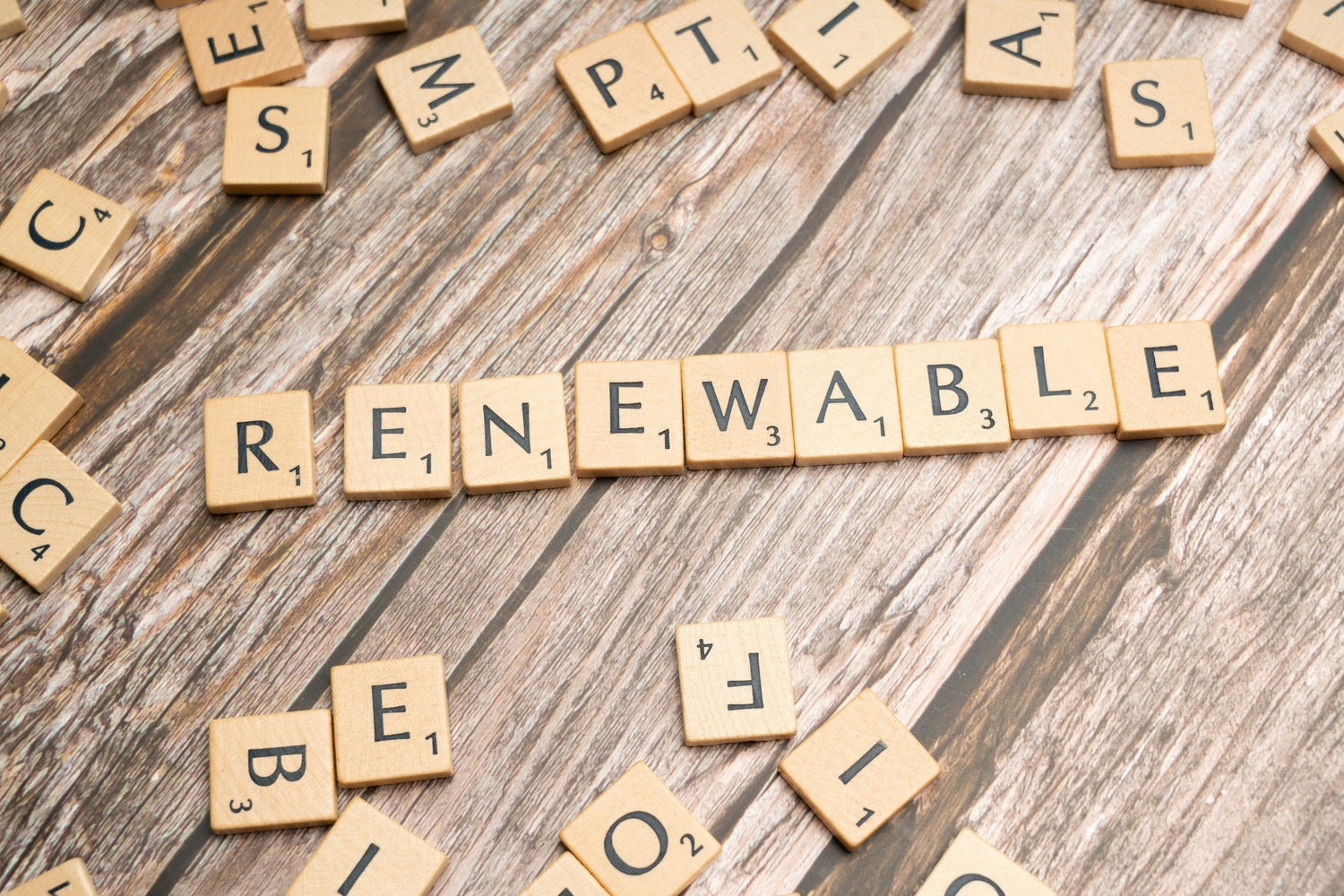 Small Steps, Big Wins: The Power of Everyday Sustainability
Small Steps, Big Wins: The Power of Everyday Sustainability
 Zero Waste at Home: Practical Tips for a Greener Lifestyle
Zero Waste at Home: Practical Tips for a Greener Lifestyle
 India’s Green Hydrogen Mission – Pioneering a Low-Carbon Future
India’s Green Hydrogen Mission – Pioneering a Low-Carbon Future
.jpg) Urban Resilience – How Nature-Based Solutions Are Transforming Cities
Urban Resilience – How Nature-Based Solutions Are Transforming Cities
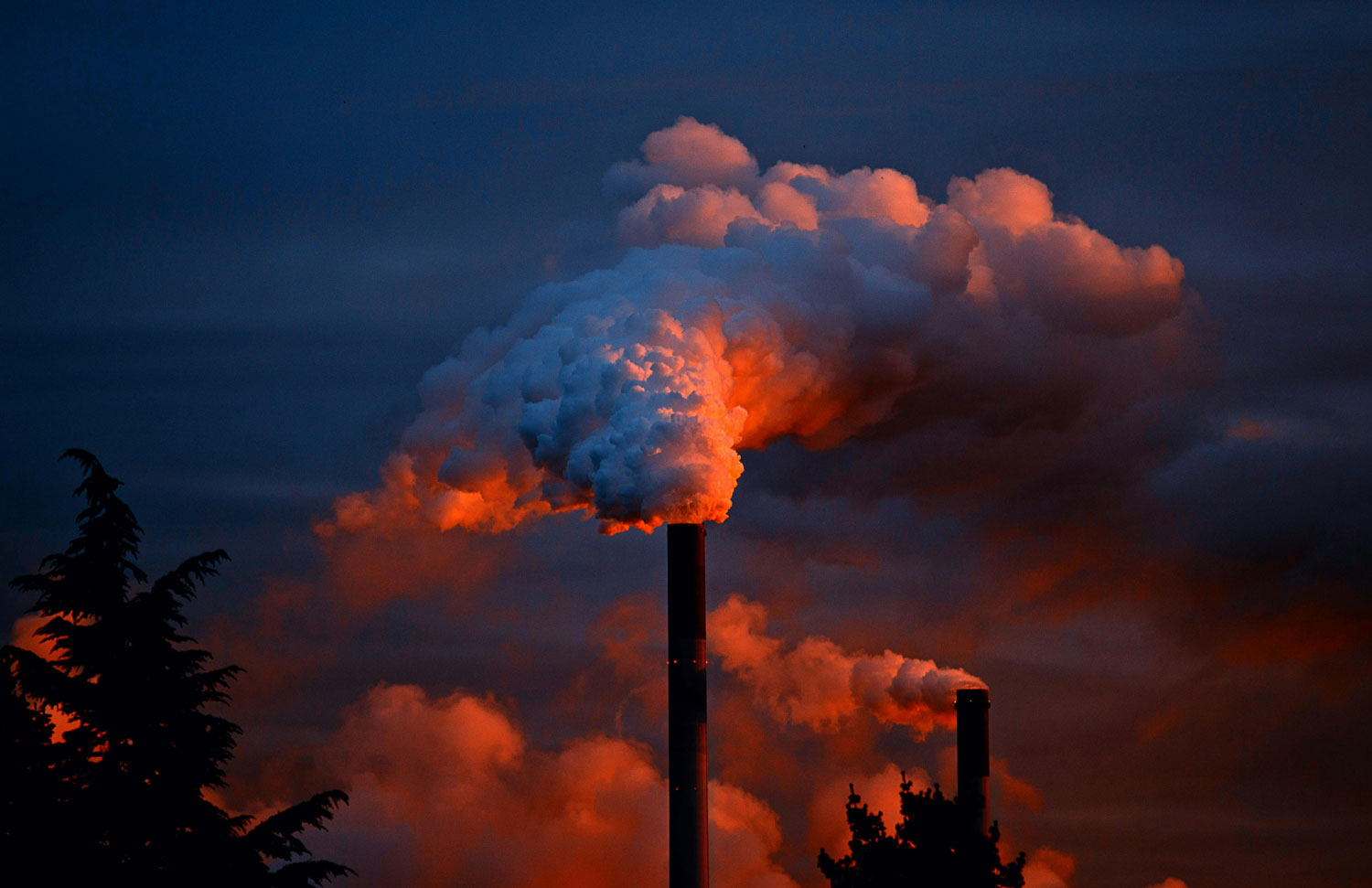 The ISO Net-Zero Standard – A Game Changer for Global Climate Action
The ISO Net-Zero Standard – A Game Changer for Global Climate Action
.jpg) Phasing Out Fossil Fuels— A Just Transition
Phasing Out Fossil Fuels— A Just Transition
 Life Cycle Assessment: The Key to Sustainable Decision-Making
Life Cycle Assessment: The Key to Sustainable Decision-Making
.jpg) Sustainable Menus— A Recipe for Environmental Responsibility
Sustainable Menus— A Recipe for Environmental Responsibility
.jpg) Green Hydrogen for a Sustainable Future
Green Hydrogen for a Sustainable Future
.jpg) Net Zero Made Simple— Everything You Need to Know
Net Zero Made Simple— Everything You Need to Know
 Regenerative Agriculture— Revitalizing Farms & Rebuilding Ecosystems
Regenerative Agriculture— Revitalizing Farms & Rebuilding Ecosystems
 Decarbonizing Transportation with Electric Vehicles and Beyond
Decarbonizing Transportation with Electric Vehicles and Beyond
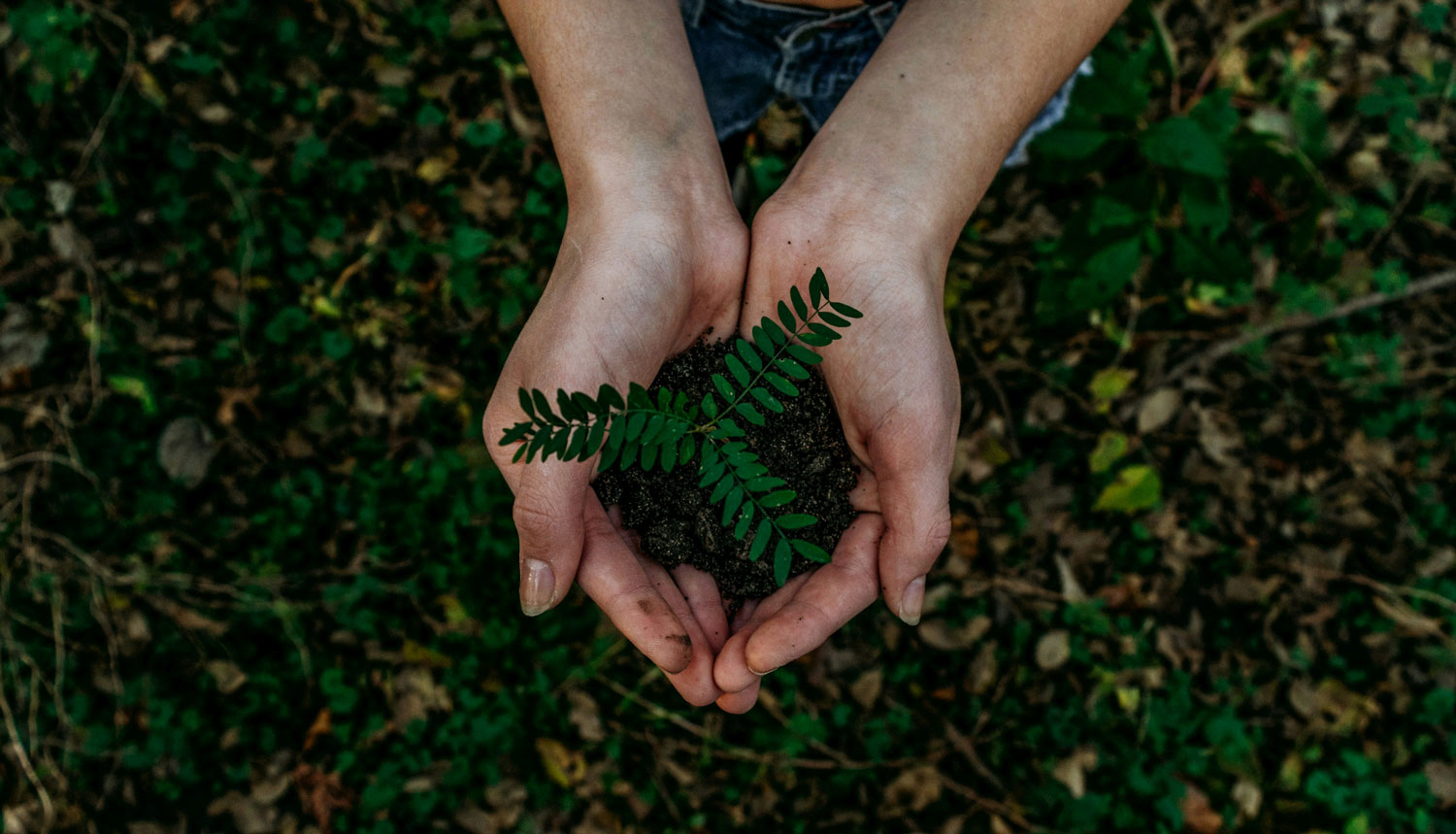 Reducing Consumption— Sustainable Practices at Home and Work
Reducing Consumption— Sustainable Practices at Home and Work
 Harnessing Power Through Sustainable Means
Harnessing Power Through Sustainable Means
 Decarbonization— The Path to a Low-Carbon Future
Decarbonization— The Path to a Low-Carbon Future
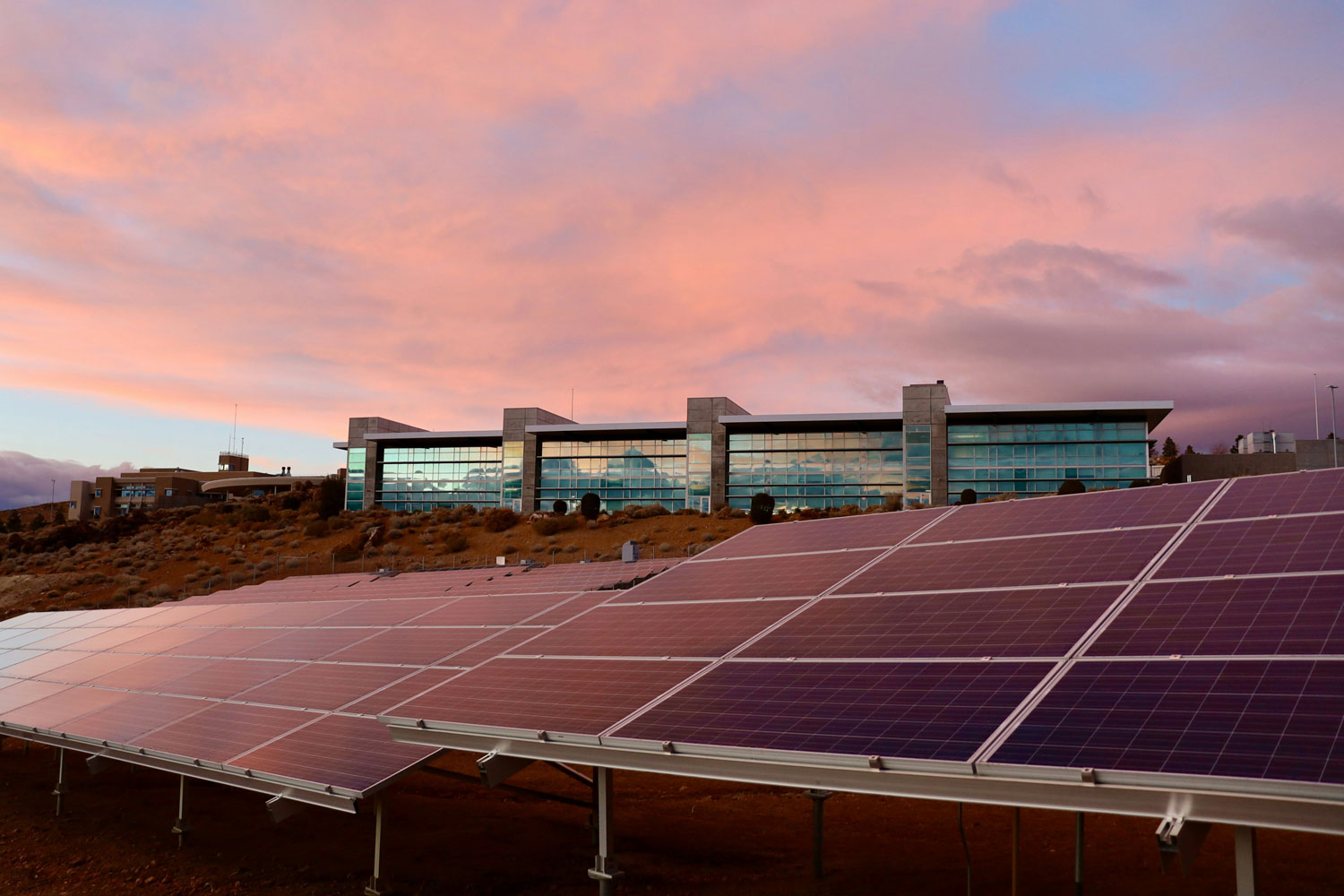 The Path to a Sustainable World
The Path to a Sustainable World

Subscribers: 261
Sustainability vs. Greenwashing

04 April 2025
444
What is Sustainability?
Sustainability is about striking a balance between meeting today’s needs and preserving resources for future generations. It goes beyond environmental concerns to include social equity and economic growth. A truly sustainable organization evaluates its entire supply chain to minimize its carbon footprint, treats workers fairly, and contributes positively to local communities. In today’s interconnected world, sustainability is no longer a "nice-to-have"—it's a necessity.
The Danger of Greenwashing
Greenwashing occurs when companies exaggerate or falsify their sustainability claims to appeal to eco-conscious consumers. This can range from vague marketing buzzwords like "natural" or "eco-friendly" to misleading certifications. For example— a company might tout a "recyclable" product while failing to disclose that it uses unsustainable practices in its manufacturing process. Greenwashing not only erodes consumer trust but also undermines the larger sustainability movement by diverting attention from genuine efforts.
Spotting Greenwashing
Consumers are becoming more vigilant in identifying greenwashing tactics. To spot it, look for transparency—sustainable companies will back their claims with data, certifications, and third-party audits. Avoid falling for flashy ads that focus on one green initiative while ignoring the broader environmental impact. For example:- a brand claiming to use "organic" ingredients should disclose the sourcing, production and labor conditions involved.
The Importance of Authenticity
Authenticity in sustainability means embracing a holistic approach. Companies must address environmental, social, and governance (ESG) factors comprehensively. This could involve reducing emissions, ensuring ethical labor practices and adopting circular economy principles. Authentic sustainability also requires setting measurable goals and regularly reporting on progress. Businesses that take these steps build trust with stakeholders and become leaders in their industries.
Why This Matters Now
As we navigate 2025: - the urgency of climate action is amplifying. Regulatory bodies are cracking down on greenwashing, with stricter rules for environmental claims. Consumers are also voting with their wallets—research shows that 73% of millennials are willing to pay more for sustainable products. For businesses, this presents both a challenge and an opportunity. By aligning with authentic sustainability practices, companies can build loyalty, attract investment, and make a tangible impact on the planet.
The Road Ahead
The fight against greenwashing is a collective effort involving consumers, regulators and businesses. By demanding transparency and supporting genuinely sustainable brands, we can push the market toward better practices. For companies - the takeaway is clear: authenticity is non-negotiable. In the long run, only those who prioritize genuine sustainability will thrive in an increasingly eco-conscious world.
Read Next
 Blogs
Blogs
India’s Green Hydrogen Mission – Pioneering a Low-Carbon Future
 Blogs
Blogs
From Pledges to Practice: Building Coherent and Reliable Climate Policy
 Blogs
Blogs
Nature-Based Solutions: Balancing Promise and Limitations in Climate Action
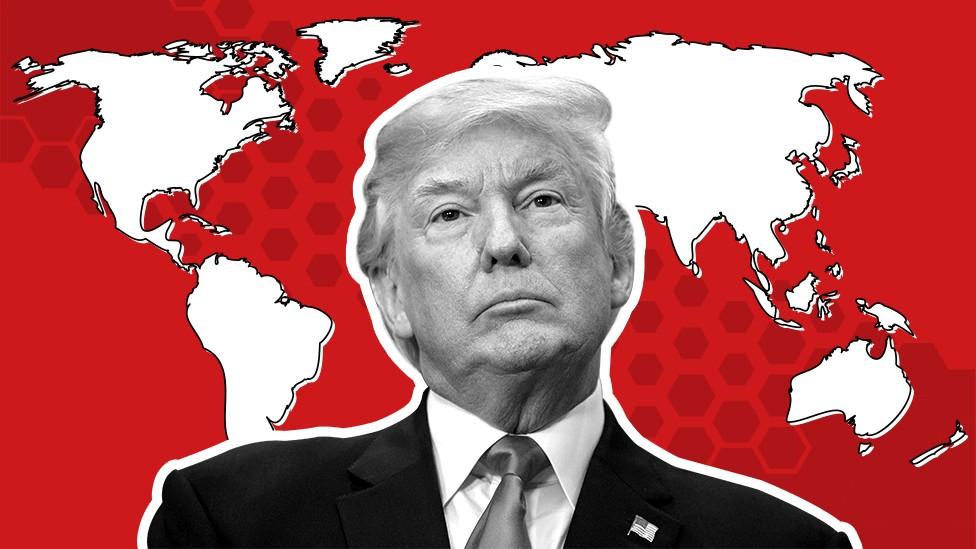 News
News
Trump’s Second Term Sparks Uncertainty for Sustainable Finance
 News
News
India’s Renewable Energy Capacity Hits Record High in FY 2024–25
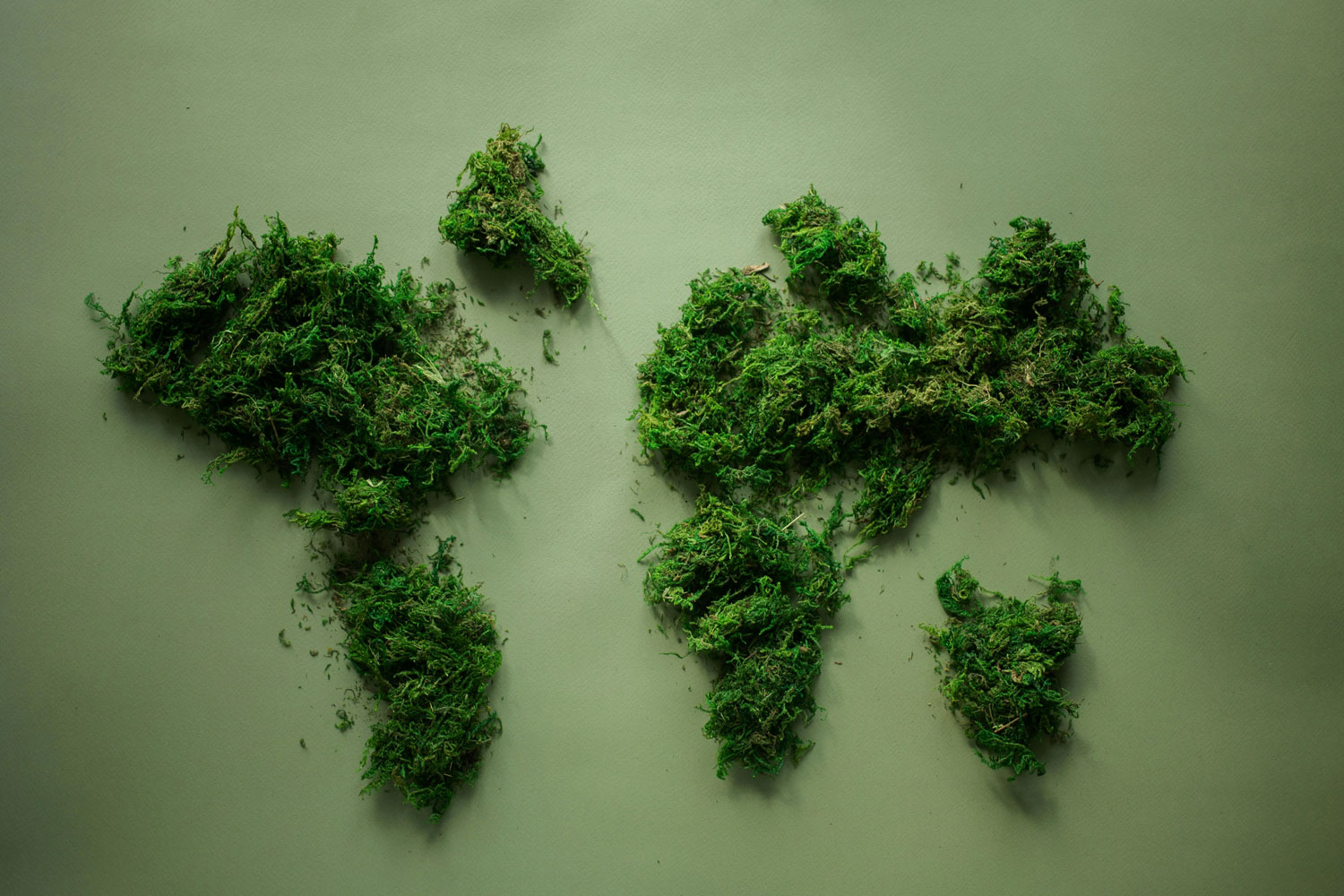 News
News
National Green Hydrogen Mission: Strategic Framework and Progress
Live Polls

.jpg)
.jpg)
Leave your opinion / comment here